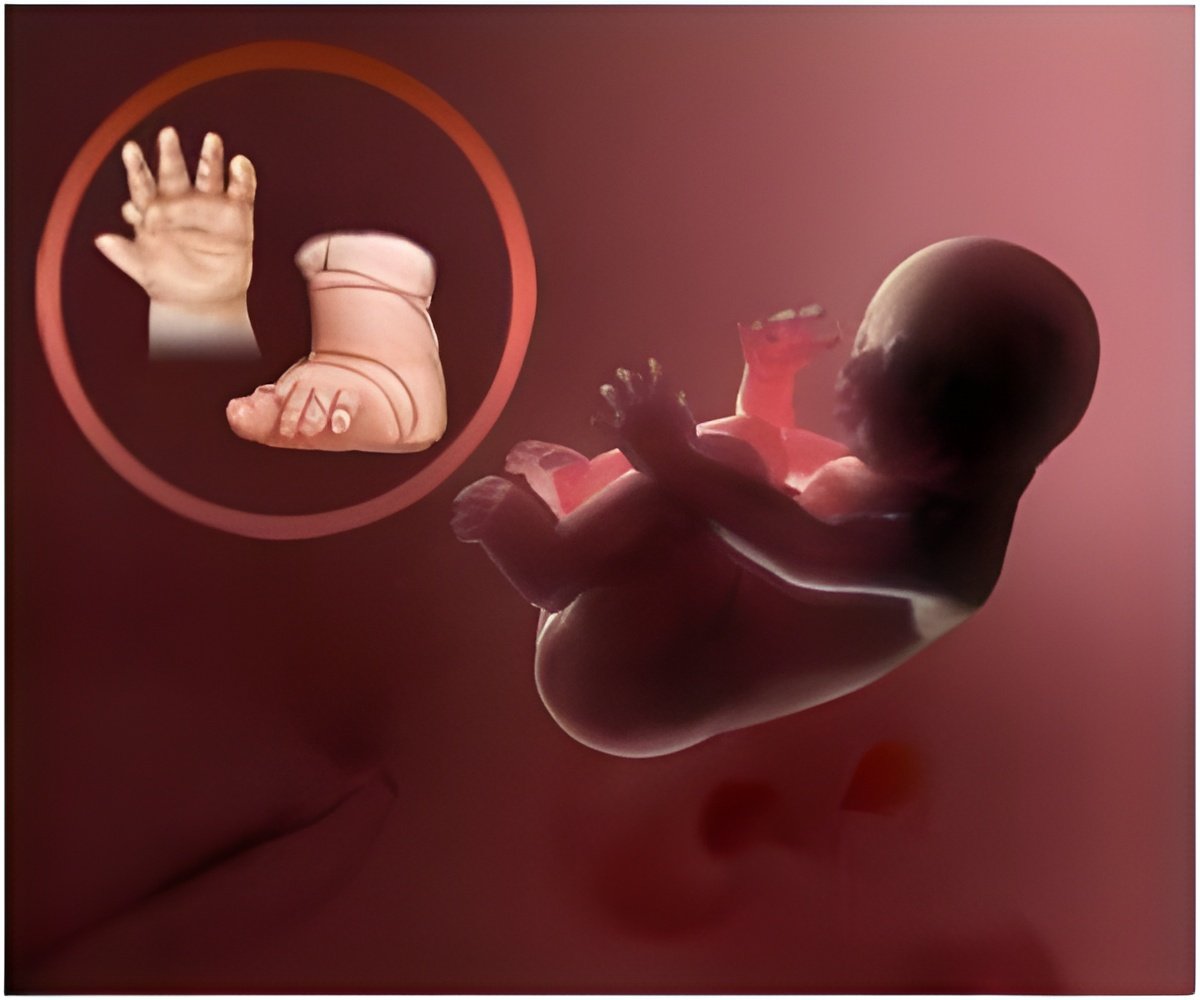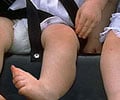
A group of researchers at Royal Melbourne Hospital made of the Australian Pregnancy Register (APR) to analyze data of over 1,700 epileptic women, some of whom were pregnant, and found that reducing the dose of valproate during the first trimester can reduce the risk of birth defects.
“For many women on epilepsy medication, the desire to start a family can be fraught with fear that they could have a baby with a range of disabilities or malformations. Previous studies have shown a strong relationship between the dose of valproate taken and the risk of the child having a birth defect. However, for many women valproate is the only drug that will help control their seizures. Through our research, we now know that by reducing the dose taken in the first trimester of pregnancy, the risk of having a baby with spina bifida or hypospadias will be greatly reduced”, lead researcher Professor Terry O'Brien said.
Source-Medindia













